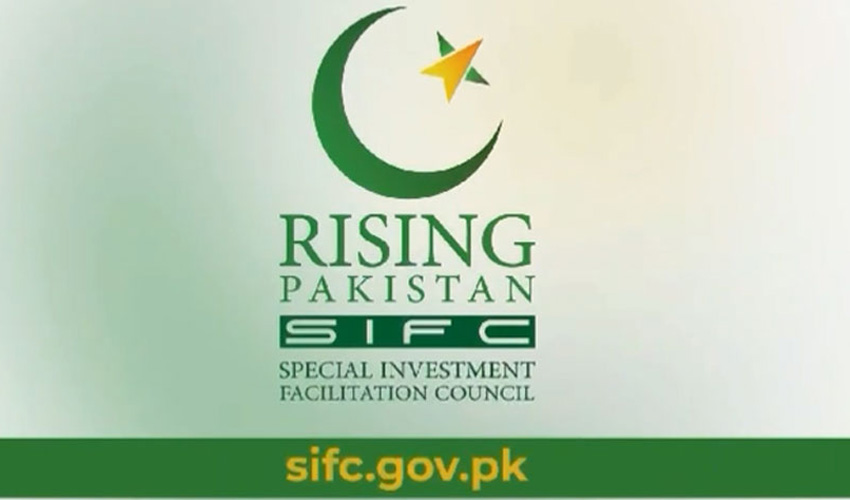A technical mission of the International Monetary Fund (IMF) is set to begin crucial talks in Islamabad today regarding Pakistan’s request for over $1 billion in additional financing to combat climate change.
The discussions come as part of the IMF’s Resilience and Sustainability Facility (RSF) arrangements, which provide long-term financing for climate resilience projects.
The talks will continue for three weeks, followed by a broader policy review early next week to assess Pakistan’s performance under the ongoing $7 billion Extended Fund Facility (EFF).
High-level engagement
The IMF technical team is expected to hold meetings with key ministries, including Planning, Finance, Climate Change, Petroleum, and Water Resources, as well as the Federal Board of Revenue (FBR), disaster management agencies, and provincial governments.
Mahir Benisi, the IMF’s resident representative in Islamabad, confirmed that discussions are ongoing but did not provide further details. Meanwhile, an IMF staff team is scheduled to visit Pakistan in mid-March to conduct the first review of the EFF-supported program and further assess Pakistan’s request for RSF assistance.
According to official sources, Pakistani authorities—especially the ministries of Planning and Finance—have prepared documents for the Environment-related Public Investment Management Assessment (C-PIMA), in line with policy recommendations from the IMF and the World Bank.
Pakistan’s progress under EFF
Pakistan’s performance under the 39-month EFF program will also come under review. Sources revealed that out of multiple structural benchmarks, the country has successfully met only one so far, while some targets remain unachieved due to shifting domestic and international macroeconomic conditions.
The key remaining benchmark involves amending the Sovereign Wealth Fund (SWF) by the end of December. However, authorities claim that other governance-related sub-conditions under this framework have already been met.
The Ministry of Planning has also issued guidelines to all stakeholders, including federal ministries and provincial governments, regarding the selection criteria for Public Sector Development Programme (PSDP) projects in the upcoming budget.
Focus on climate resilience and development projects
For the next fiscal year, Pakistan plans to prioritise strategic infrastructure projects, ongoing projects with more than 80% expenditure, and those with external funding support. Special focus will also be given to climate-resilient projects under the PSDP, as per the IMF’s recommendations.
Among the selection criteria for PSDP projects in the upcoming budget are:
- Strategic and core ongoing projects
- Ongoing projects with at least 80% expenditure and realistic completion estimates
- High-impact infrastructure projects
- Projects approved after thorough scrutiny at the Working Party level
- Development initiatives in the 20 least developed districts
IMF’s push for climate investments
The IMF has advised Pakistan to allocate at least 1% of its GDP—approximately Rs1.24 trillion annually—to climate adaptation and resilience projects. According to IMF estimates, such investments could mitigate economic losses caused by extreme weather events like floods and help Pakistan sustain growth while reducing inequality.
The Fund believed that investing in climate-resilient infrastructure could reduce the negative impact of natural disasters on economic growth by nearly one-third, ensuring a faster recovery to pre-disaster GDP levels.
It further suggested that aligning public investments with the CPIMA Action Plan could enhance Pakistan’s overall environmental resilience.
Pakistan formally requested an increase in its EFF program by $1.2 billion in October last year. While the IMF has expressed support for climate financing, it has also underscored the need for structural economic reforms to maintain fiscal sustainability.
The Fund acknowledges that increased investment in climate resilience may lead to a moderate rise in public debt. However, it believes that improved financial stability and structural reforms would help Pakistan maintain fiscal space in the long run.


























